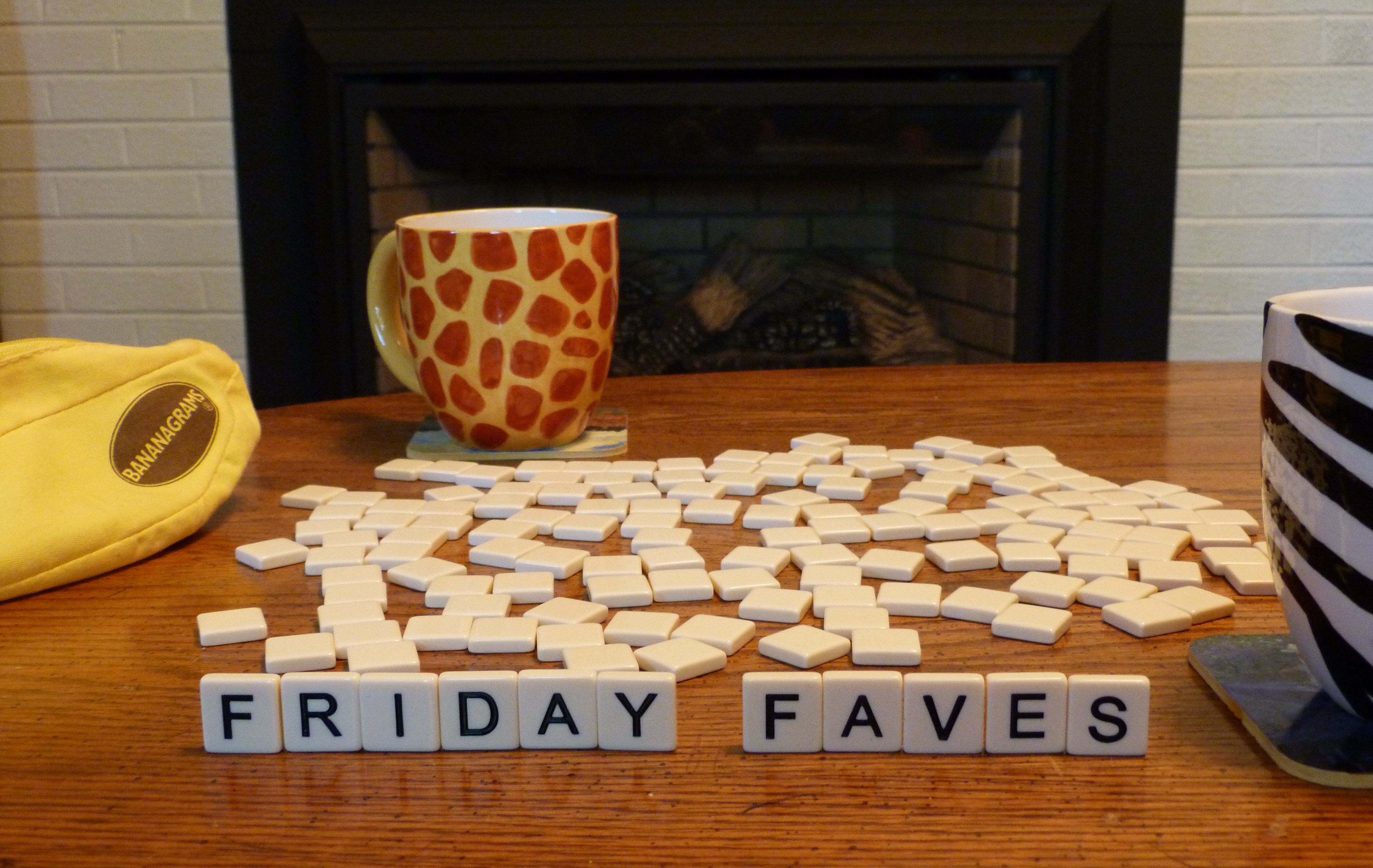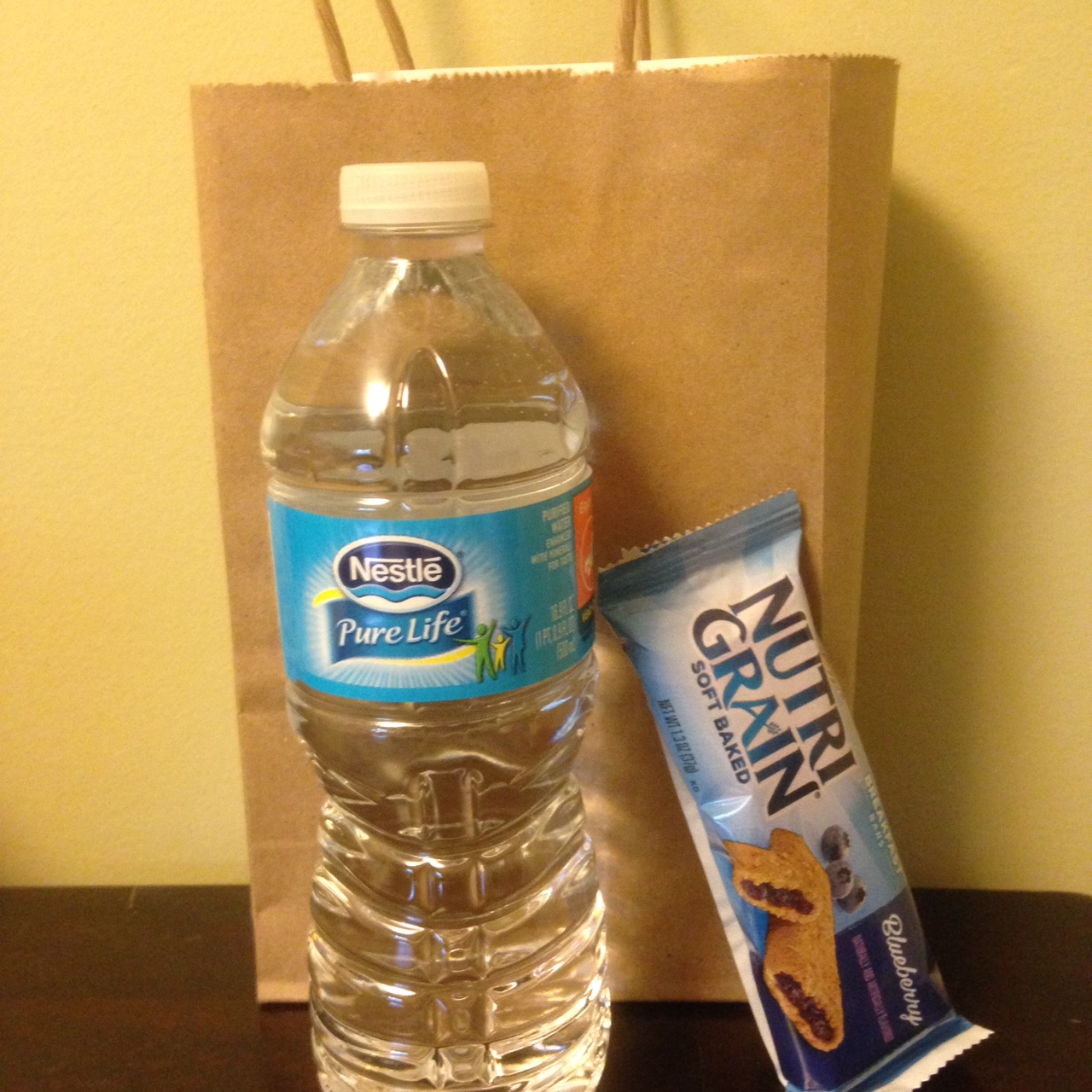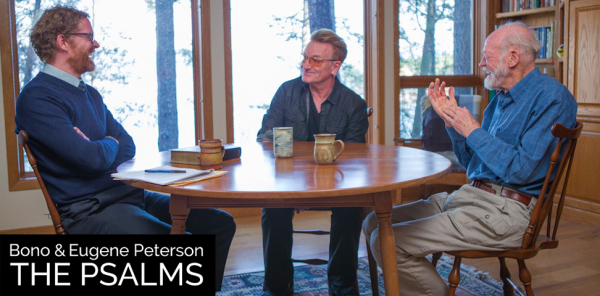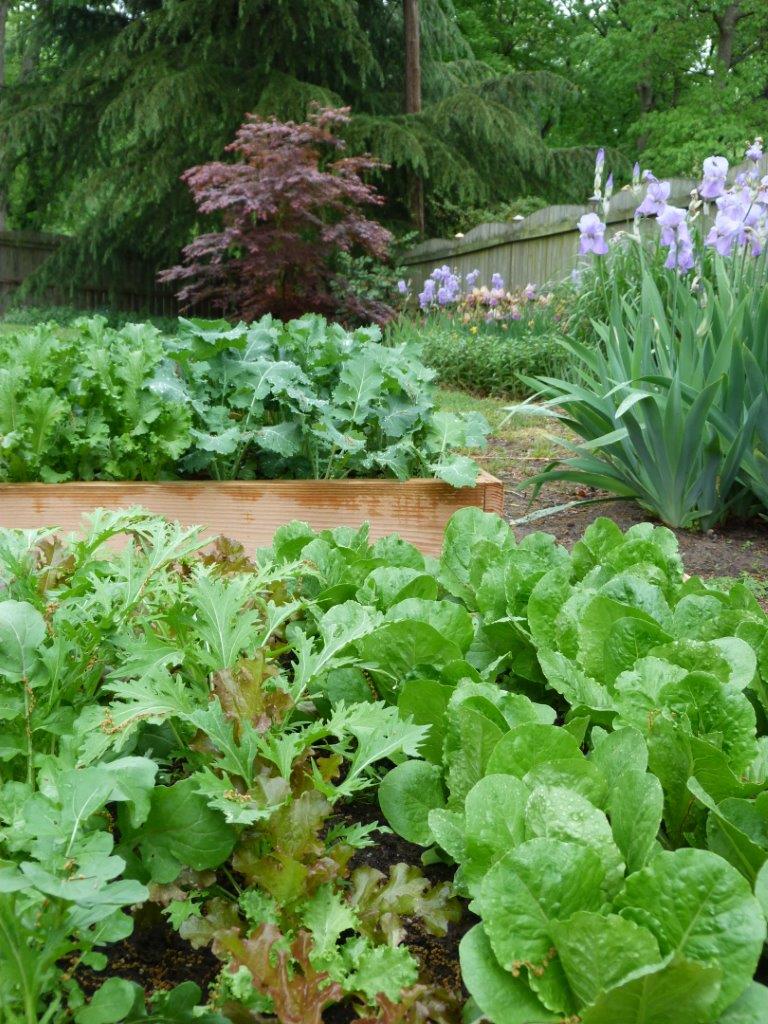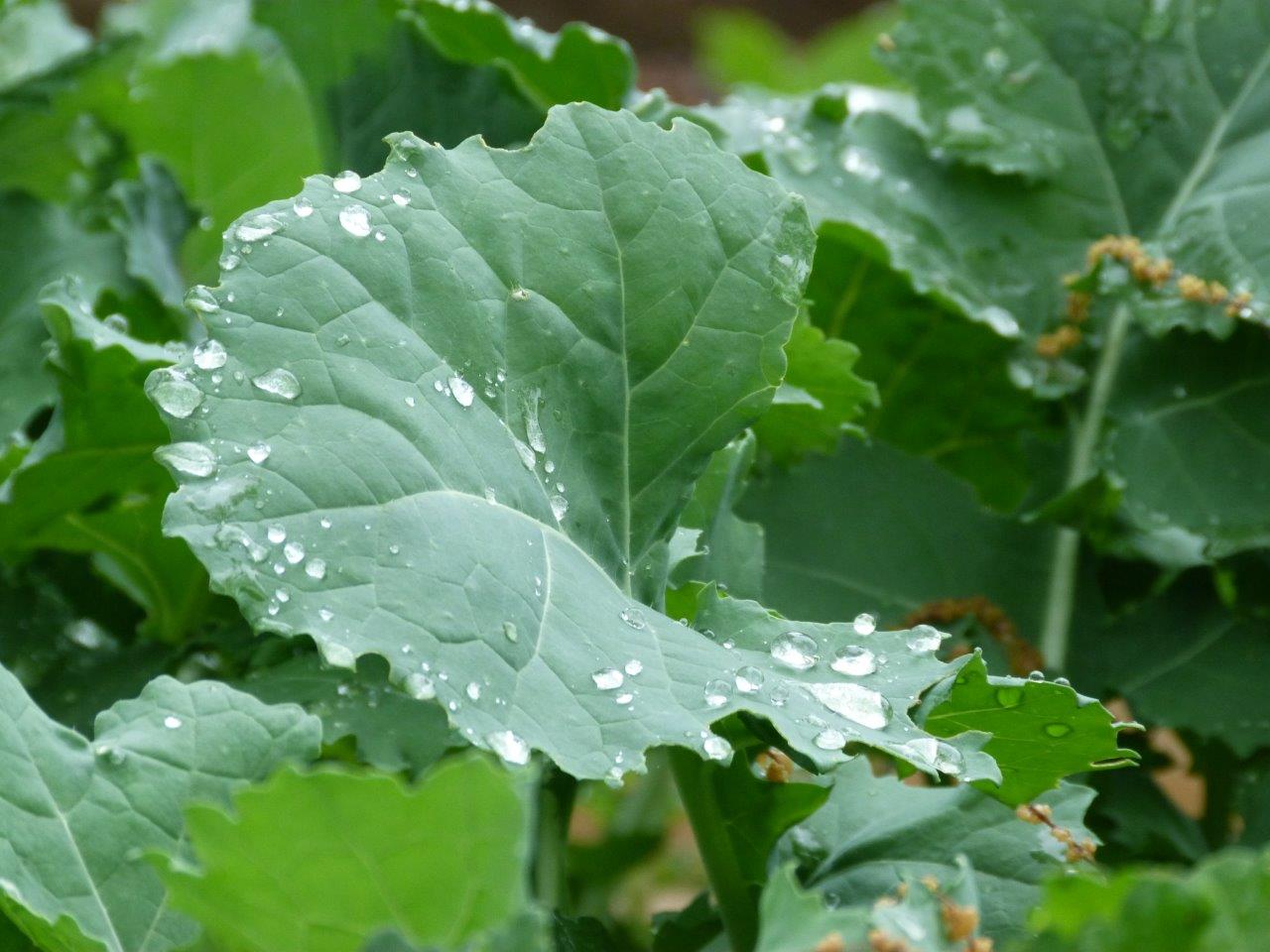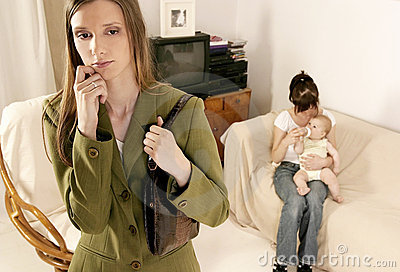 Photo Credit: Pexels, Hipkicks
Photo Credit: Pexels, Hipkicks
Do you remember who taught you how to tie your shoes? Or ride a bike? Or drive a car? We all have persons attached to those lessons and memories as well.
A teacher friend of mine recently posted (on Facebook) Joseph Stroud‘s poem “Knots”. I don’t remember ever reading it…but it stirred vague memories and sharp emotions.
OK…that’s a weighty situation. Most of us as children and teens feel proud and accomplished with each skill mastered in life…and our parents the same for us (and themselves as our parents). Mastery is a blessing that goes in an array of directions.
As parents we don’t get it right all the time, for sure. Rarely do we have the opportunity to go back and do it over again. Shame is a dark process we don’t want stirred up in us nor do we want to plant it in the hearts and minds of our children.
We learn and we grow and, sometimes, we ask forgiveness.
Our youngest son was born prematurely. He had a brain bleed in his first week of life that left him with physical challenges. He has overcome so many in his life that we forget sometimes what an incredible person he truly is. How much he has faced and risen above.
He will probably never forget trying to learn to ride a bike. I know I won’t forget it. As we pushed, cajoled, and sometimes scolded his faulty attempts…little did we know that he physically was never going to be able to ride a bike. And so what?! OK…we finally got it.
I just hope he doesn’t have too many memories like that in Joseph Stroud’s poem. To this day, without any memories I can call to mind, having someone standing over me watching me work is anxiety-provoking. Wonder why.
“…That memory stays with you long after you have grown into an adult who keeps trying to find his way in the world — to be strong and brave and independent and competent — without tripping over his shoe laces, without entangling himself in doubts about his father’s love.” – V. Galligan, Knots
In the heat of parenting, when our own “reputation” is on the line, or so we think, we don’t always see these precious children…beautiful and brilliant…and vastly more valuable than anything we think we could possibly shape meerly into our own image.
In recent weeks, I’ve been reading the works of psychiatrists Curt Thompson and Dan Siegel and wrote about it as well…repeating a bit below:
Dr. Thompson has written a trilogy of powerful, ground-breaking books – Anatomy of the Soul, The Soul of Shame, and The Soul of Desire. He describes these books as exploring “how neuroscience relates to the ways we experience relationships, deep emotions like shame and joy and especially our own stories — and how we can process our longings and desire for spiritual connection with God and each other to live more fully integrated, connected lives.”
[I highly recommend the above books, and not just for parents.]
Thompson refers often to Dr. Siegel’s “4 S’s of Attachment-Based Parenting“. Those S’s relate to what our children need from us, as infants but throughout life. We want them to know they are “safe and seen” and to experience being “soothed and secure”. This is especially poignant when we introduce the word “No” into the great adventure of their lives. No…and discipline as they get bigger.
Hard lessons in life don’t have to be laced with fear or shaming. We may have not experienced all the 4 s’s as children, or definitely not all the time, but we can aim to make that happen in our own children (and grandchildren). That they may know they are safe with us (no need to “brace for impact”), that they are truly seen (all the big emotions and struggles), that they can count on being soothed, and that they are secure in the love they have from us.
The 4 S’s of a Healthy Relationship – Kirsten Belzer
I am learning so much about parenting as a grandmother. With small children, the first time around, I just didn’t know what I didn’t know.
 Photo Credit: R. D. Laing
Photo Credit: R. D. Laing
Today parenting helps abound – in all sorts of media. In fact, it is hard to sort it all out while moms and dads are in the hot lab of real-time parenting. Almost too much information; too much guidance.
Better a fire hose than needing to lean on “a mother’s intuition” which is what I was told would get me through figuring out how to parent my tiny firstborn.
What are some of your best helps? Please post in Comments below. Photo Credit: Pexels, Keira Burton
Photo Credit: Pexels, Keira Burton
 Photo Credit: The Motivation Hotel
Photo Credit: The Motivation Hotel
The Neurobiology of Attachment to Nurturing and Abusive Caregivers – Regina M. Sullivan, PhD
https://connectedparenting.com/podcasts/








